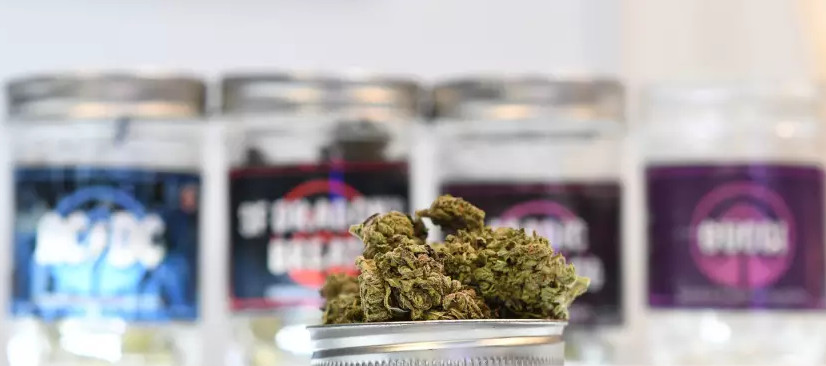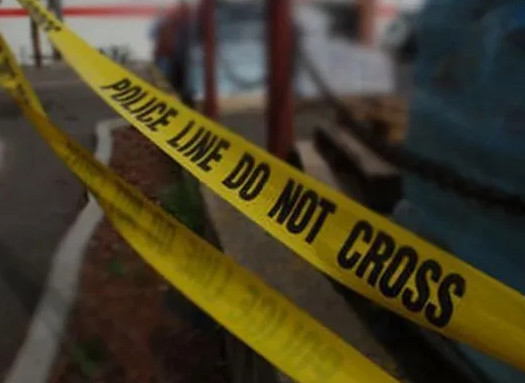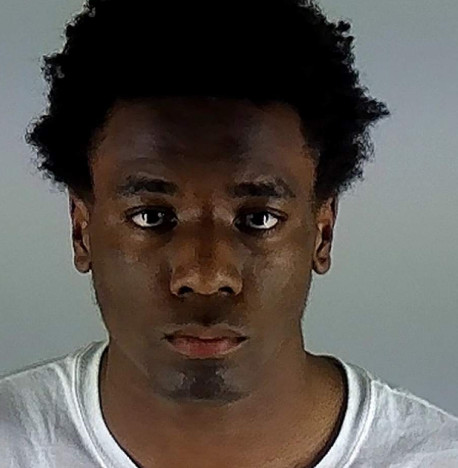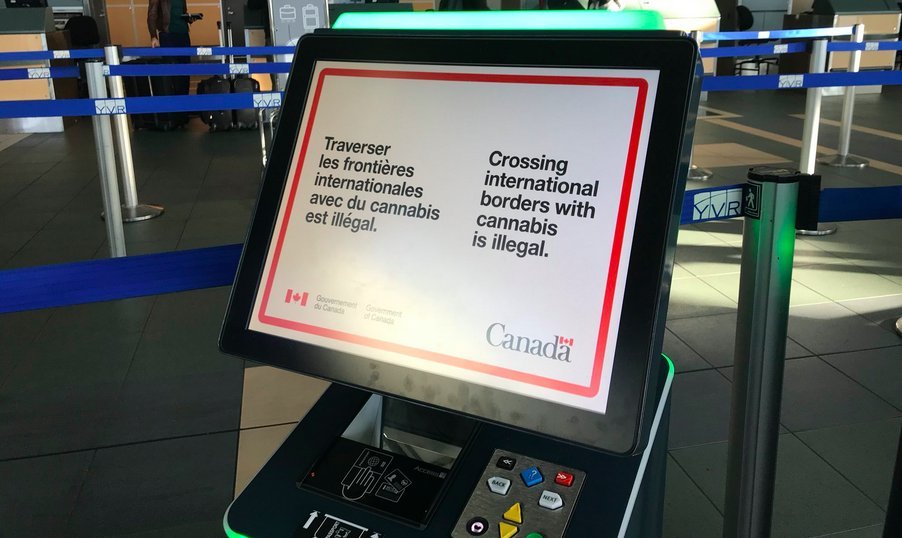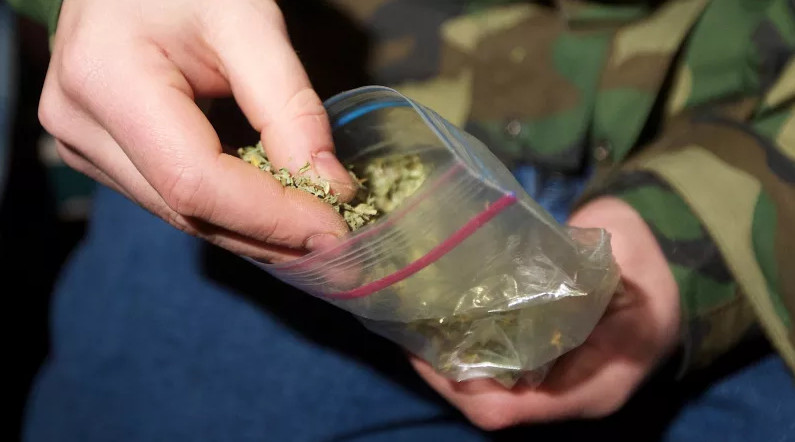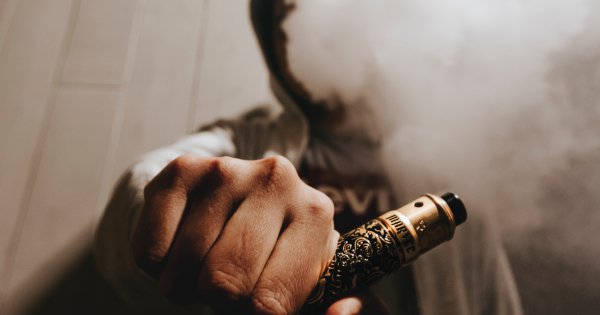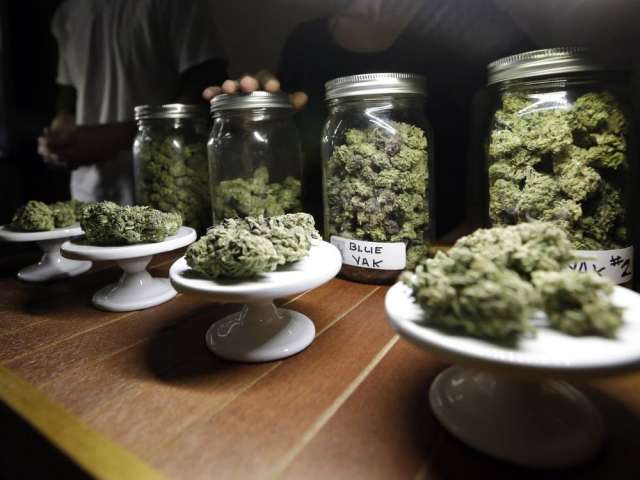Despite owning one of the largest cannabis markets in the world, Los Angeles officials were ill-prepared for the legalization of recreational marijuana earlier this year. As a result, unlicensed dispensaries have been popping up throughout the city at a rapid clip, and now dwarf their licensed counterparts in number.
“We were being railroaded by kangaroo courts.”
That’s how one dispensary owner in Los Angeles described the city’s process of licensing medical marijuana dispensaries to the Los Angeles Times in 2009. “They were just denying them out of hand. Obviously their intent was just to close everyone down,” he continued. Nine years later, the state of selling weed in L.A. is both radically different, and exactly the same. Even after the statewide legalization of recreational cannabis in January of 2018, dispensary owners still complain of an inhospitable regulatory environment—one that they say makes it nearly impossible for most shops to operate legally.
Given L.A.’s status as one of the largest cannabis markets in the world (and California’s status as a trailblazer for medical marijuana), it should have been prepared when recreational weed was legalized in January. While the city’s smokers may have been ready for the transition, its byzantine and restrictive licensing system was not. As a result, unlicensed dispensaries have been popping up throughout the city at a rapid clip, and now dwarf their licensed counterparts in number.
Los Angeles’ online registry of licensed dispensaries lists only 169 authorized pot shops, but Curbed reports that an estimated 1,700 dispensaries operate across the city without a license. A glance at the site Weedmaps reveals dozens of dispensaries in downtown L.A., while the map on the city’s website shows only five. Unsurprisingly, crackdowns have ensued. As of September, the Los Angeles Police Department has charged 515 people with crimes in connection with raids on 105 allegedly unlicensed dispensaries, according to LAist. They face up to six months in prison and fines of a thousand dollars.
One reason for the rampancy of unlicensed dispensaries is that the city has made it next to impossible for any dispensaries that opened after 2007 to obtain a license. The difficulty is also the legacy of the city’s scattershot history of (mostly unsuccessful) whack-a-mole legislation that attempted to severely limit the number of dispensaries in L.A. Advocates say this legacy has unfairly benefited monied white people. “When I see the word ‘grandfathered,’ I think of poll taxes and literacy tests,” Lynne Lyman, the former state director of the Drug Policy Alliance, told Curbed. “And I know white people are getting something special.”
A confusing system of overlapping authorities—including the Department of Building and Safety, the Department of City Planning, the City Attorney’s Office, the LAPD, the Department of Cannabis Regulation, the City Council, the mayor’s office, and 100 neighborhood councils across Los Angeles—also makes it difficult to legally run a dispensary. Each of these agencies and organizations have the ability to prevent a dispensary from legally selling marijuana.
This jurisdictional patchwork approach goes back to the early days of legal medicinal marijuana. In 1996, California legalized medicinal use of marijuana, without permitting it to be bought or sold, in effect forcing its sanctioned patients to break the law. That incongruity set the stage for a decades-long series of gray markets that persist to this day in L.A. It wasn’t until 2003 that the state updated its laws, officially allowing collectives to grow weed for large groups of patients. According to Curbed, this was the hat-tip that dispensaries needed to feel welcome opening in L.A., and by 2006 there were 98 dubiously operating dispensaries in the city. By 2007, hundreds.
Seeking to rein in the unruly market it had accidentally spawned, the city council passed a law in 2007 requiring dispensaries to register with the city. Nearly 200 did before the city, seeking to keep the number of dispensaries low, hastily declared a moratorium on awarding licenses. The registration period only lasted a few months before the moratorium began. Hundreds of dispensary owners claimed that they had not been informed of the new requirements in time, and, in 2009, sued the city for its “unreasonable, discriminatory and overly broad” ordinance. A judge agreed that the city’s licensing practices were, more or less, a kangaroo-court railroading, issuing an injunction effectively preventing enforcement of the moratorium.
Despite conflicting laws, L.A. had become a hub of weed culture. In 2010, the city tried to institute a similar law—allowing only the operation of dispensaries that had the same management since 2007—that a court threw out for similar reasons. “We’re singing ‘Happy Days Are Here Again,'” the dispensaries’ attorney told the Los Angeles Times when the injunction was issued. Perhaps he sang too soon: The city council doubled down on 2007, proposing a new ordinance to create a lottery that would select 100 dispensaries to be licensed—only those that could prove they’d been open since 2007 could apply. The ordinance was scuttled when the lottery faced multiple lawsuits, one of which called it “a euphemism for a municipal game of ‘Russian Roulette.'”
In yet another legislative stumble, the city briefly banned all dispensaries in 2012, albeit with a promise to soon pass an ordinance that would have allowed the original dispensaries from 2007 to stay open. A few months later, city voters passed a ballot proposition that allowed only shops that met several criteria to stay open—chiefly, they had to have been open since 2007.
In the lead-up to the start of recreational legalization this past January (57.1 percent of Californians voted in favor), the city passed a law that prioritized pre-existing legal dispensaries—the 2007 group, again!—but the law also stated that new dispensaries would eventually be able to take steps to open legally, a process that Curbed reports is still only theoretical.
“Launching the nation’s largest commercial regulatory program is an extremely complex undertaking,” Cat Packer, the executive director of the Los Angeles Department of Cannabis Regulation, told Curbed. “We are dealing with the challenges of balancing the build-up of city infrastructure while implementing policies that are still evolving. Most importantly, we are taking the time that is needed to get this right.”
Even by its own rules, though, L.A. is getting plenty wrong. Thanks to the “grandfathering” of pre-2007 dispensaries, Los Angeles has skirted its self-imposed “equity” stipulations, which require two-thirds of all licenses be awarded to people from demographic groups that were disproportionately harmed by marijuana prohibition: black, Latino, and low-income people. By Curbed’s count, the city’s next 338 licenses will need to be awarded to dispensaries run by “equity applicants.” But no city funding has yet been allocated for the licensing program; earlier this year, theLos Angeles Times reported that the Department of Cannabis Regulation had only four employees and was borrowing employees from other city agencies for essential functions.
But owners of so-far-unlicensed dispensaries aren’t the only ones frustrated with the city’s regulation of the cannabis industry—even the lucky ones with licenses have been complaining. Adam Spiker, the executive director of the marijuana lobbying group Southern California Coalition, told Marijuana Business Daily that licensed dispensaries are struggling to compete with unlicensed dispensaries, some of which may not pay taxes. “If they’re bled dry now, you’re just going to see a bunch of outside money come in and they’re going to buy these (businesses) for 20 cents on the dollar,” he said.
“We just can’t compete with these illegal dispensaries that are undercutting us,” Daniel Sosa, another dispensary owner, told KPCC in May. “If they make [taxes] lower and actually let us compete against the illegal dispensaries, then we would see a return of our long-time customers.” Cutting taxes is one idea. Another way to ensure above-board dispensaries can compete? More licenses.
Credit: smag.com

